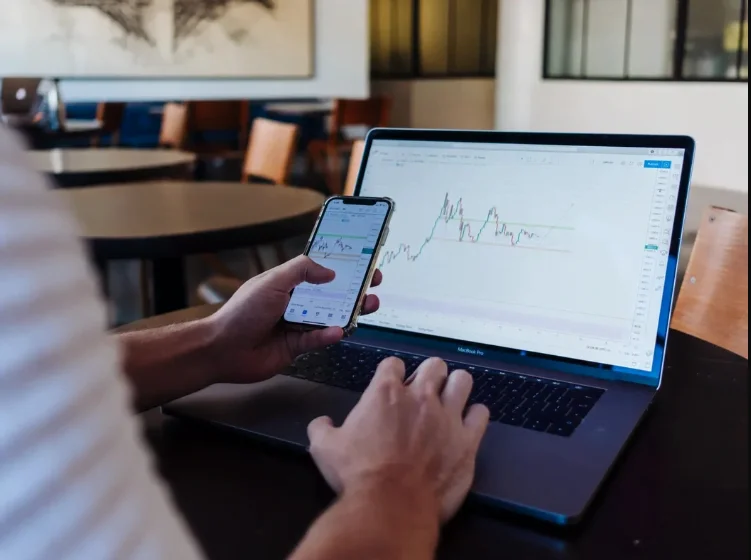The Ether funding rates for ether futures hit their all-time highs because of a popular trade.

Nearly a week after the Merge, when traders had to pay high fees to stay in their positions during a popular trade, funding rates on ether (ETH) futures have gone back to normal.
Because of these trades, there were unusually large liquidations on ether futures, and for the first time, weekly trading volumes on spot ether were higher than those on spot bitcoin.
For short positions, which are bets against the price going up, the rates on Binance and other crypto exchanges are now back to where they were before the Merge, at 0.0045%. Funding rates are payments that traders make on a regular basis based on the price difference between the futures market and the spot market.
As has been reported before, funding rates for ether futures dropped to a yearly low of over 0.30 percent in the first week of September. This means that traders paid 30 cents to exchanges every few hours for a $100 position, which quickly added up when traders holding positions worth millions of dollars kept them for weeks or days.
Analysts from research firm Delphi Digital said in a note on Tuesday that this was a new all-time low for funding rates, beating the previous low of -0.157%, which was set during the March 2020 sell-off.
“The popular trade was to buy ETH on the spot market and sell ETH futures. Analysts at Delphi said that traders were buying spot ETH in order to get the ETH-PoW airdrop. After the Merge, traders quickly changed their positions by selling spot ether and unwinding their ether futures positions.
EthereumPOW is the version of the Ethereum blockchain that still uses proof-of-work (PoW) to reach a consensus. The blockchain started as a split from the Ethereum network, which switched to a proof-of-stake (PoS) consensus mechanism last week in an event called the Merge. Now, the PoS network is called Ethereum.
So, the last time the market was at these levels was in June 2021, after which there was a huge short squeeze in July, but this did not happen in September. A short squeeze is a sudden rise in price that forces traders who had sold an asset they had borrowed in order to buy it back at a lower price (this is called “shorting”) to close their positions. This usually causes prices to rise even more.
At the time of writing, the price of Ether is just over $1,320 and has dropped 2.4% in the last 24 hours.
